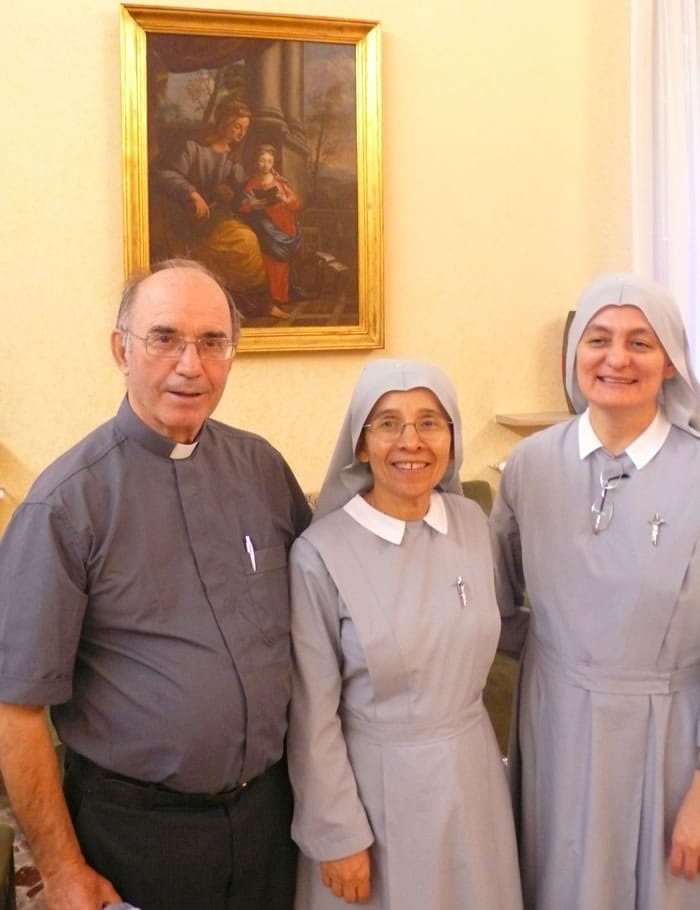Q.- When you were made bishop in 1991 you were fully immersed in the pastoral work of the Archdiocese of Manaus. What made you decide to bring contemplative nuns to Tianguá?
A.- When I was ordained bishop, I proposed to myself that I would help to build a Church that would value all ministries and charisms. We have gone down that road and still do. To see the monastery of Our Lady of Guadalupe in Guaraciaba completed is a dream come true. It’s a personal dream and a dream of the local church.
Q.- What other ministries and charisms are you encouraging in your diocese?
A.- Regarding ministries, the church in Tianguá is being renewed. In the last 20 years we have ordained 21 diocesan priests. And lately we have been looking at the ministry of deacons and the permanent diaconate. But we judge non ordained ministries to be very important too, those ministries that are proper to the laity. We have tried to develop four non ordained ministries in particular: the ministry of the Word; for the Sunday worship; extraordinary ministry of communion destined specially to the care of the sick but also for the small communities; the ministry of baptism, in principle assigned to the religious sisters in the missionary areas; and the pastoral coordination run by the sisters who coordinate the missionary areas.
I might also add that we are studying two more non ordained ministries; catechesis vis a vi Christian initiation; and the missionary message which will be brought to others by those who lead popular missions or similar initiatives following the challenge of a continental mission proclaimed at Aparecida
Q.- What role does religious life play in this vision of the Church?
A.- The Church is not only the ministries. There is also the charismatic element: the special gifts represented by the different types of religious congregations who have mission work in their gaze. And lay groups that live a particular spirituality. Looking at this charismatic aspect I have made an effort to bring to the diocese congregations which have mission as their goal. In all these years I have been able to bring seven or eight congregations who work in the midst of the people. I have done this with a public contract made between the diocese and the congregation.
Q.- And the contemplative Augustinian Recollect life?
A.- At the start the apostolic life was priority. However I couldn’t leave on the side the contemplative element. I wanted that presence in the building up of the local church as a foundation element in the life of the Church. I have said this to the sisters from the start. The community of Augustinian Recollect nuns is well aware of their commitment to the local church. They are to raise the banner of spirituality for the whole of the diocesan apostolate.
On their part the people have begun to understand that the monastery is not just the home of the nuns but a place for spiritual growth. Catechists, the confirmation youngsters, married couple are coming to their church for retreats.
Q.- The nuns who came to found in Guaraciaba were from a small town in the Mexican hinterland, how have they adapted to the change?
R.- That’s true. They are from Ahuacatlán and had little contact with the pastoral activity of the local church. One thing they have had clear from the start is that their task is “incarnational”, to be rooted in the Brazilian reality, getting to know and deal with the people. And the nuns have taken this on board and are open to the needs and reality of the diocese.
A good example of this is the novena to Our Lady of Guadalupe. What’s special about it is that each day a base community looks after the liturgy, bringing their readers, singers, musicians…. And the nuns welcome them and help them with the programme.


